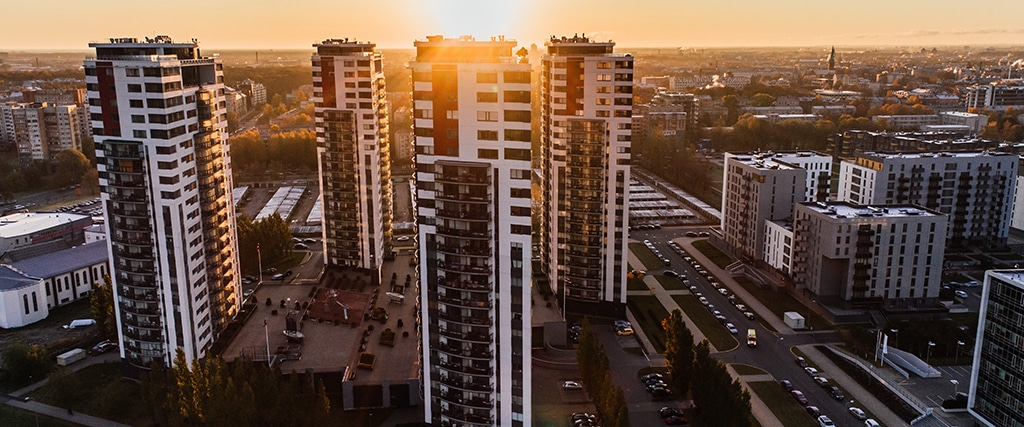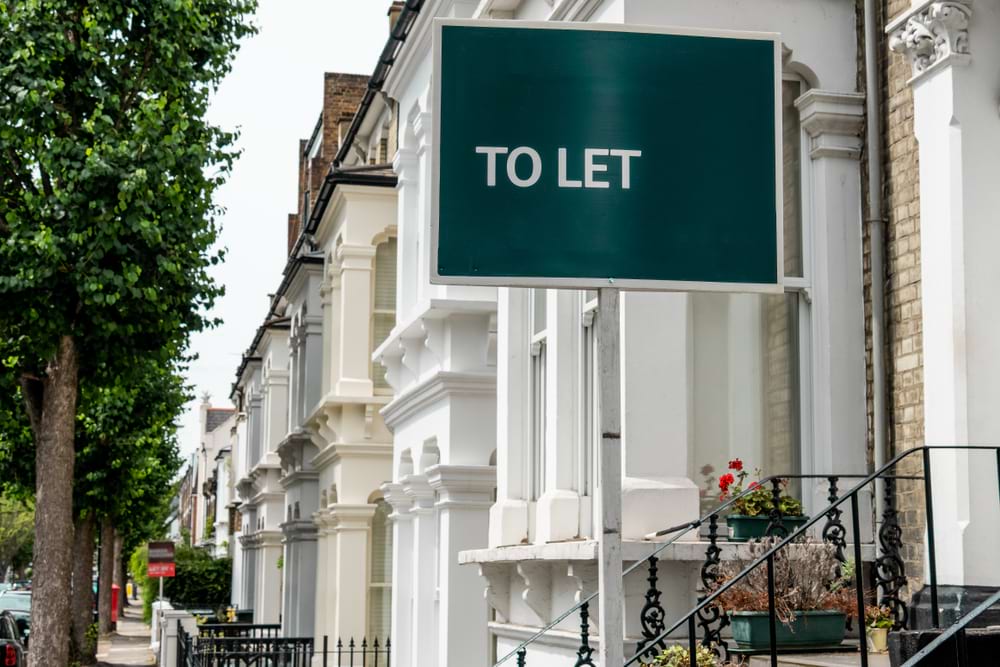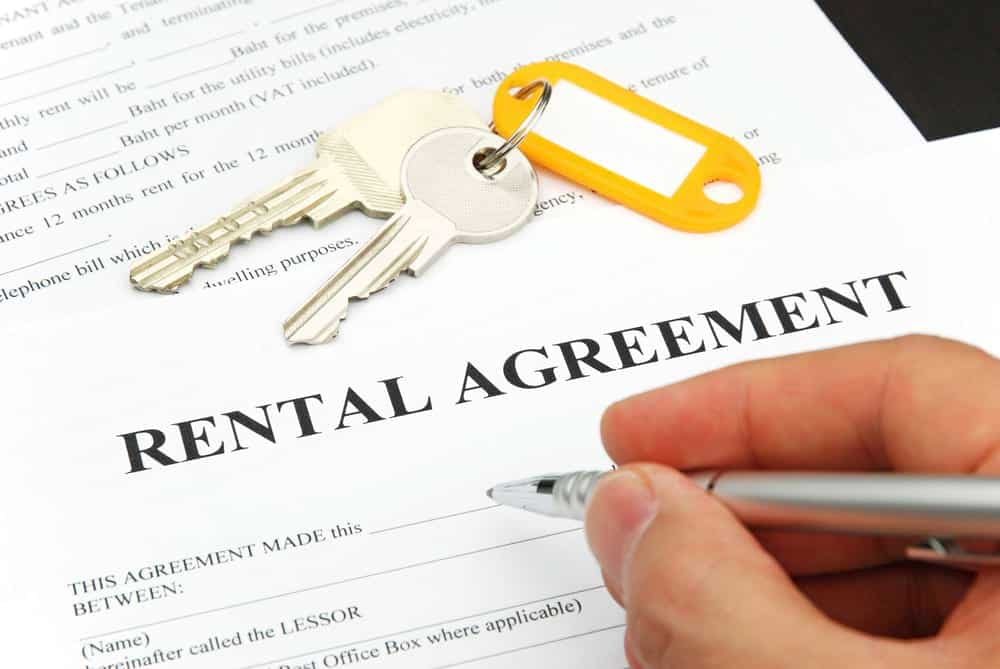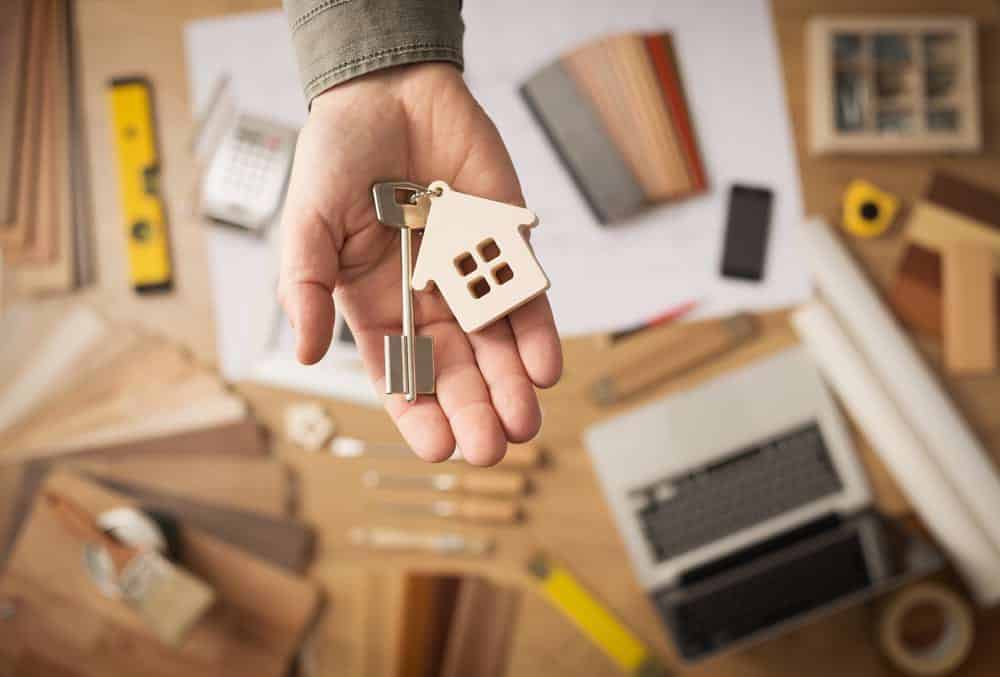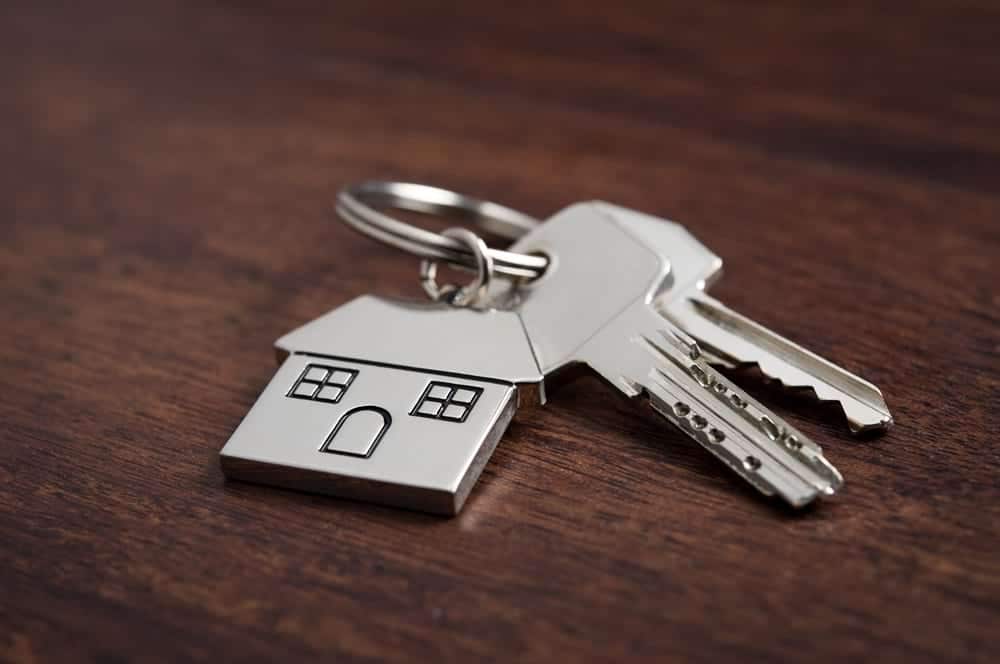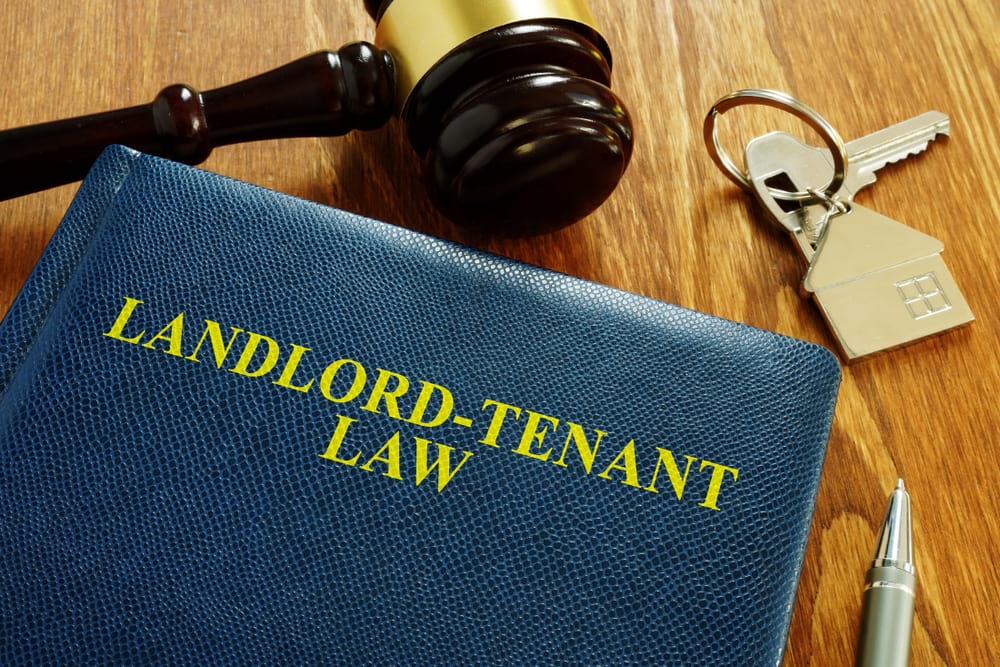When looking to buy a home, you’ll likely come across the terms ‘freehold’ and ‘leasehold’.
Understanding the critical differences between these two property ownership types is essential, as they affect:
- Your rights as a homeowner
- Potential service charges you may need to pay
- What happens when you want to sell the property.
This guide provides an overview of freehold vs leasehold and their associated issues.
What is freehold?
The freehold of a property is ownership of the building and land it stands on indefinitely, i.e., there is no time limit to your ownership.
With a freehold property, you don’t need to pay ground rent and have more control over changes or alterations you can make to the property.
You are also accessible from the terms and conditions set out in a lease, which leasehold properties are tied to.
Most houses in England and Wales are freehold but only some flats are.
Buying the freehold means you take full responsibility for the property and land tied to it. So, you and any other freeholders must manage and maintain any shared spaces or communal areas.
What is leasehold?
With a leasehold property, you purchase the right to live there for a fixed period, as set out within the lease agreement.
This period is between 99 and 125 years for flats and apartments when first sold. A freeholder still owns the land and building itself. After this, the leasehold expires.
During the lease term, you must follow the terms and conditions limiting what you can do to the property. You also usually need to pay the freeholder ground rent and service charges to maintain shared spaces.
Service charges
Typical service charges cover necessary costs like:
- Building insurance
- Regular cleaning
- Maintenance of communal areas (gardening, repairs or upgrades to shared facilities like lifts).
Service charges can also include contributing to longer-term major works like redecorating hallways or replacing a roof over a certain number of years.
When your lease starts to run down, your ownership rights decrease. With under 80 years remaining, it can impact mortgage eligibility. Under 50 years, you might struggle to sell until the lease is extended.
Flats and apartments make up the majority of leasehold properties. Some houses can also be sold as leaseholds, often through housing associations, the local authority or as part of shared ownership schemes.
Significant differences between freehold and leasehold
To recap, the main differences between freehold and leasehold ownership include the following:
Ownership rights
With freehold, you own the property indefinitely, whereas leasehold means you have rights for a fixed period.
Making changes
Freehold owners can change their property, such as extensions, loft conversions and structural changes—the terms of their lease limit leaseholders.
Ongoing costs
Freeholders aren’t obliged to pay ground rent or service charges. Leaseholders typically need to contribute to the upkeep of shared areas through service charges and pay rent to the freeholder.
Re-selling
Freehold properties can be difficult to sell because buyers can’t always easily get mortgages on them. Leasehold properties under 80 years can be difficult to mortgage and sell.
Responsibilities
Freeholders are solely responsible for property maintenance and repairs, including shared spaces. Leaseholders pay someone else to manage communal areas.
Dispute resolution
Resolving disputes or proposing changes to shared spaces can also vary between freehold and leasehold.
As a freeholder, you have more direct control in decision-making, though changes impacting other owners require their agreement, too.
Leaseholders must typically get permission for alterations under the terms of their lease and manage disputes through the freeholder or property manager.
Summary: Control vs. convenience
So, freehold provides greater control, fewer ongoing costs, and doesn’t impact re-selling.
However, the owner has more responsibility for upkeep, including shared communal spaces.
Can you buy the freehold of a flat?
Flats and apartments commonly have multiple leasehold owners, with a freeholder that manages the building and land.
However, in some cases, leaseholders can purchase the freehold from whoever currently owns it. This is known as ‘buying the freehold’.
There are two routes to buy the freehold as a leaseholder:
Enfranchisement
This allows leaseholders to collectively buy the freehold of their building once 50% of the flats are sold on long leases, often at a discount. You and other leaseholders become joint freeholders and are responsible for management.
Buying the freehold if sold
Some freeholders may sell on the freehold title if they no longer wish to manage the property. This transfers complete ownership, rights and responsibilities to you as the buyer.
Buying the freehold can remove the obligation to pay rent and service charges.
However, as the new freeholder, you’d be responsible for maintaining the building and any shared communal facilities. Costs also apply for enfranchisement or purchasing the freehold.
How to renew a leasehold length?
Over time, leasehold property leases decline, increasingly impacting value and mortgageability. As a leaseholder, you have two options to renew your remaining term:
Lease extension
You can apply to extend your lease by 90 to 99 years in return for a premium payment.
This requires negotiating with your freeholder but means you avoid the higher legal costs of a lease renewal.
Lease renewal
Alternatively, you can renew your lease, receiving a new 999-year term. This may be cheaper than an extension but comes with added legal fees as it’s treated like a property sale.
Ideally, it would help if you renewed or extended your lease once it drops below 80 years. Leaving it as late as the final 30 years risks much higher premiums. Renewing the lease keeps your property desirable and mortgageable for future buyers.
To comfortably take out a typical 25-year mortgage, most lenders want a remaining lease term of at least 85 years at the end of the mortgage period.
For example, if you have 100 years remaining and want to apply for a 30-year mortgage, look to extend, as this would take you down to 70 years at the end of the mortgage.
Extending to 125 years would then give you comfort room.
How to find out if your house is freehold or leasehold
There are a few ways to determine if a property is freehold or leasehold:
Check the title deeds
Request these from the seller or landlord. The deeds confirm ownership and rights over the land and property.
Ask the current owner
They should know whether the property is freehold or leasehold. Request a copy of the lease if leasehold.
Check with the Land Registry
They hold most property titles and ownership rights records. There’ll be a small fee to access documents.
Use an online search portal
Some paid portals offer title deed searches and indicate whether a property is a freehold or leasehold.
Ask your conveyancer
Appoint a conveyancer, and they will check as part of legal searches before exchanging contracts.
Specific sites that offer UK title deed searches include LandRegistryDeeds.co.uk and TitleSearch.com.
For around £20-£30, these online property portals enable you to:
- Access official title registers
- View and download deed documents
- See whether a property is marked as freehold or leasehold.
Checking early on can inform negotiations and help spot undesirable lease terms. With a leasehold, review the length, ground rent and potential renewal premiums before proceeding.
